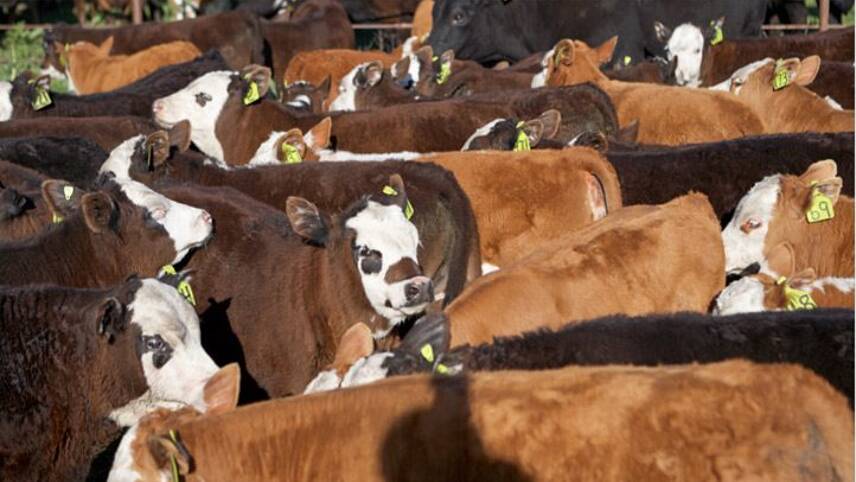Register for free and continue reading
Join our growing army of changemakers and get unlimited access to our premium content

The Bill returned to Parliament this week following Covid-19-related delays
The amendment was designed by the Lords and would force the UK to include a clause in all post-Brexit trade deals, stating that the UK would only import goods produced in line with its own rules on animal welfare, the environment and food safety.
It had received sweeping support in the business space, too, with most of the UK’s major supermarkets vowing not to stock meat produced under lower standards abroad, regardless of national law.
But the Conservative Party opposed the amendment, arguing that the EU’s rules banning imports of certain goods produced to lower standards will automatically be transposed into UK law once the transition period ends on 31 December. The Bloc’s framework notably bans imports of chlorine-washed chicken and beef fattened with hormones.
A vote last night (12 October) saw MPs vote by 332 votes to 279 to reject the amendment.
Farming Minister Victoria Prentis said the government is “absolutely committed to high standards” and argued that existing laws are “more than warm words”.
But many have said the government should have backed the amendment, in light of the Conservative Party’s manifesto commitment not to compromise on environmental, animal welfare and food safety standards in any trade deal.
“Ministers’ pledge about protecting UK farming & food standards would have more credibility if they wrote it into law,” Green Party MP Caroline Lucas tweeted.
“They haven’t, and UK farmers and environmental standards face being mown down by destructive leviathan of US agribusiness.”
Katie White, executive director of advocacy and campaigns at WWF, said: “We hope the Lords take this public mandate to deliver the Conservative manifesto commitment to maintain standards, especially after it was significantly backed by Conservative MPs,” WWF’s executive director of advocacy and campaigns said.
“We call on peers to secure guarantees that the public and MPs are told upfront about any changes to standards that might happen as a result of trade deals, and that the final say on any changes will be a decision for our elected representatives.”
The vote came in the same week that the Fisheries Bill is due to return to Parliament. A date for the return of the Environment Bill, however, has not yet been confirmed. In edie’s recent poll of more than 240 sustainability professionals, more than half said the Environment Bill should be the UK’s main green policy focus for the remainder of 2020.
Sarah George


Please login or Register to leave a comment.